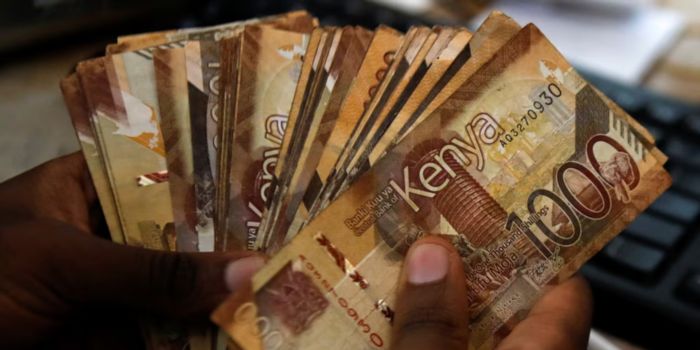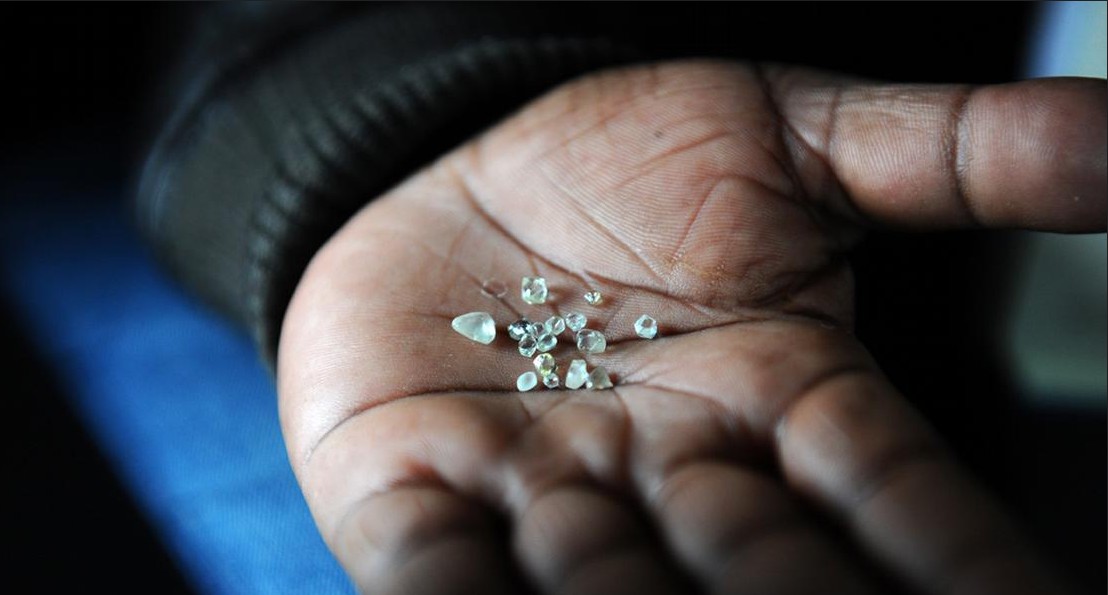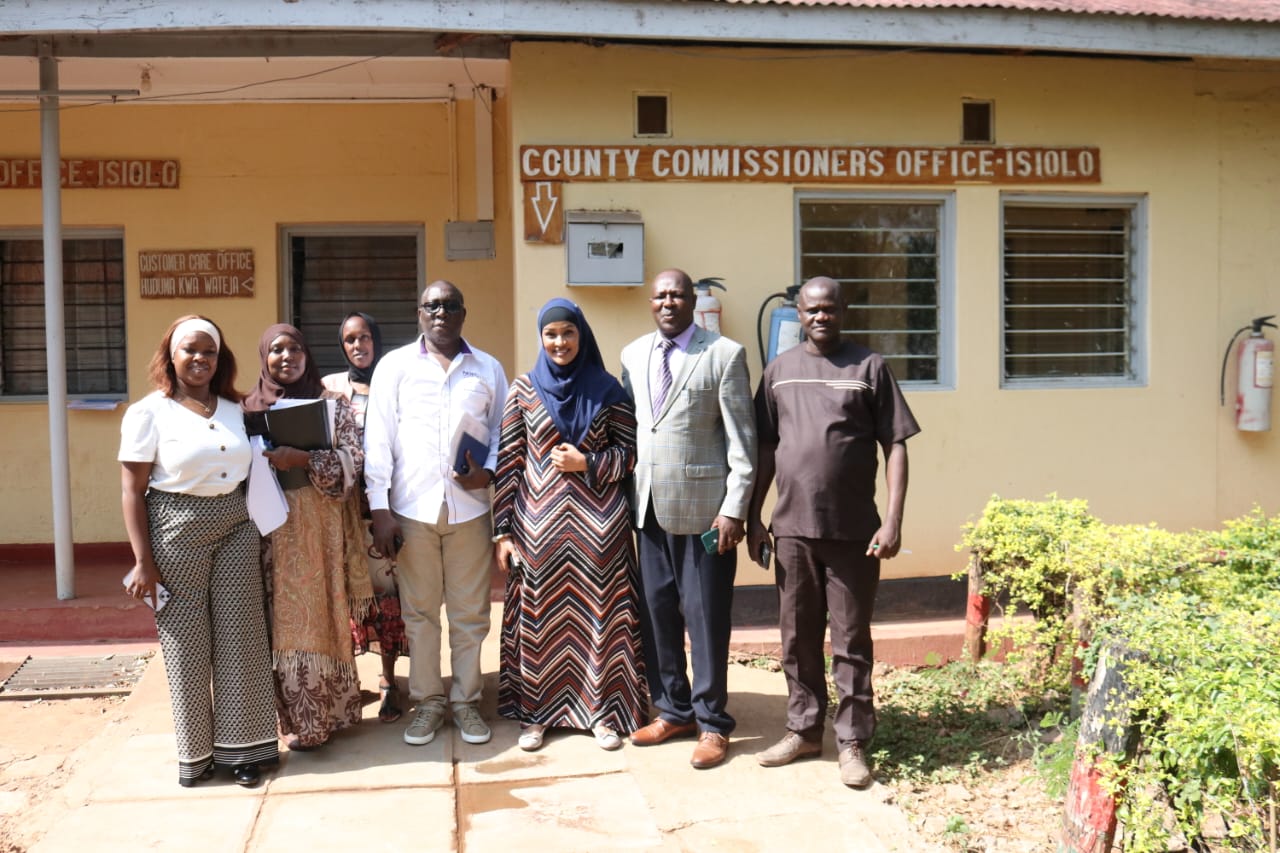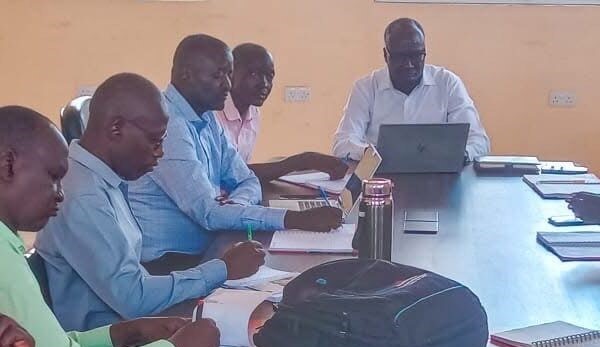Court orders Assets Recovery Agency to return Sh3.8 million to Nairobi trader after 5-year legal battle

Mohammed Hassan Sharif was arrested on July 13, 2020, at a roadblock along the Nairobi-Garissa Highway in Migwani, Kitui County, after police found him with $29,000 (about Sh3.75 million) in $100 bills.
A Nairobi businessman has won a court battle to reclaim Sh3.8 million that was seized five years ago, after the High Court ordered the Assets Recovery Agency (ARA) to release the funds.
The court faulted the agency for conducting poor investigations and making a biased attempt to link him to proceeds of crime.
More To Read
- Explainer: Why defamation is a civil, not a criminal offence
- Tourism and agriculture leading in hiring as other sectors stumble
- Treasury to deduct county employee dues at source, ends years of non-remittance
- Court declines to nullify DP Kindiki’s swearing-in as Gachagua seeks Sh40 million compensation
- Ex-Kiambu Governor Ferdinand Waititu freed on Sh53 million bank guarantee pending appeal
- We’ll seize property linked to alcohol and drug crimes, declares CS Murkomen
Mohammed Hassan Sharif was arrested on July 13, 2020, at a roadblock along the Nairobi-Garissa Highway in the Migwani area of Kitui County. Police officers found him in possession of $29,000 (approximately Sh3.75 million) in $100 bills.
In his ruling, Justice Nixon Sifuna ordered the ARA to return the money, criticising the agency for what he described as “shoddy” investigations in its bid to force the livestock trader to forfeit the cash to the state.
“The evidence on record is insufficient to support the assertion that the USD 29,000 found on the respondent during a search on 13th July 2020 is proceeds of crime,” Justice Sifuna ruled.
The court heard that Mohammed, a livestock farmer and trader operating in Garissa, Mandera, and Nairobi, said the money came from his legitimate business activities.
US dollars
He explained that before his journey, he had sold 105 cows for between Sh25,000 and Sh31,000 each. With the proceeds, he purchased 100 more cattle, which he later sold in Nairobi for Sh3.25 million. He then converted the money into US dollars.
To support his claims, Mohammed produced receipts from various county governments as proof of his livestock trading activity.
However, the ARA dismissed his explanation as unsatisfactory, insisting the receipts were not genuine and that the origin of the funds could not be authenticated.
The agency further argued that the documents Hassan produced did not align with his tax returns filed with the Kenya Revenue Authority (KRA), and therefore sought to have the money forfeited to the state.
Burden of proof
In his ruling, Justice Sifuna made it clear that the burden of proof rested with the ARA as the accusing party.
“There has been a mistaken belief that in forfeiture proceedings, the anti-corruption agency only needs to allege and the legal burden then shifts to the subject to explain the source of the funds,” the judge said.
He clarified that the subject, in this case Mohammed, only bears an evidentiary burden, which “like a pendulum, will swing between the agency and the subject on particular assertions and counter-assertions.”
Justice Sifuna also pointed out that although civil forfeiture cases are based on suspicion, a court of law demands proof.
“Therefore, to sustain a suit of any kind, including a civil forfeiture case, some form of proof is required,” he added.
Criticised ARA
The judge criticised the ARA for failing to verify the authenticity and credibility of the documents presented by Mohammed, saying the agency should have acted more diligently.
“They should, for instance, have investigated the typical practices of the local livestock trade, a largely informal sector, and verified records from county offices said to have issued the receipts,” Justice Sifuna ruled.
He further accused the agency of conducting “opaque, idle and sham investigations,” dismissing ARA’s reliance on tax returns as inadequate for determining the source of income.
“Resorting to tax returns alone is a far-fetched template that cannot be the sole basis for determining income. That is not how this country should fight corruption and economic crime,” Justice Sifuna ruled.
The judgment effectively brings to a close the five-year legal tussle over the seized cash.
Top Stories Today

















































